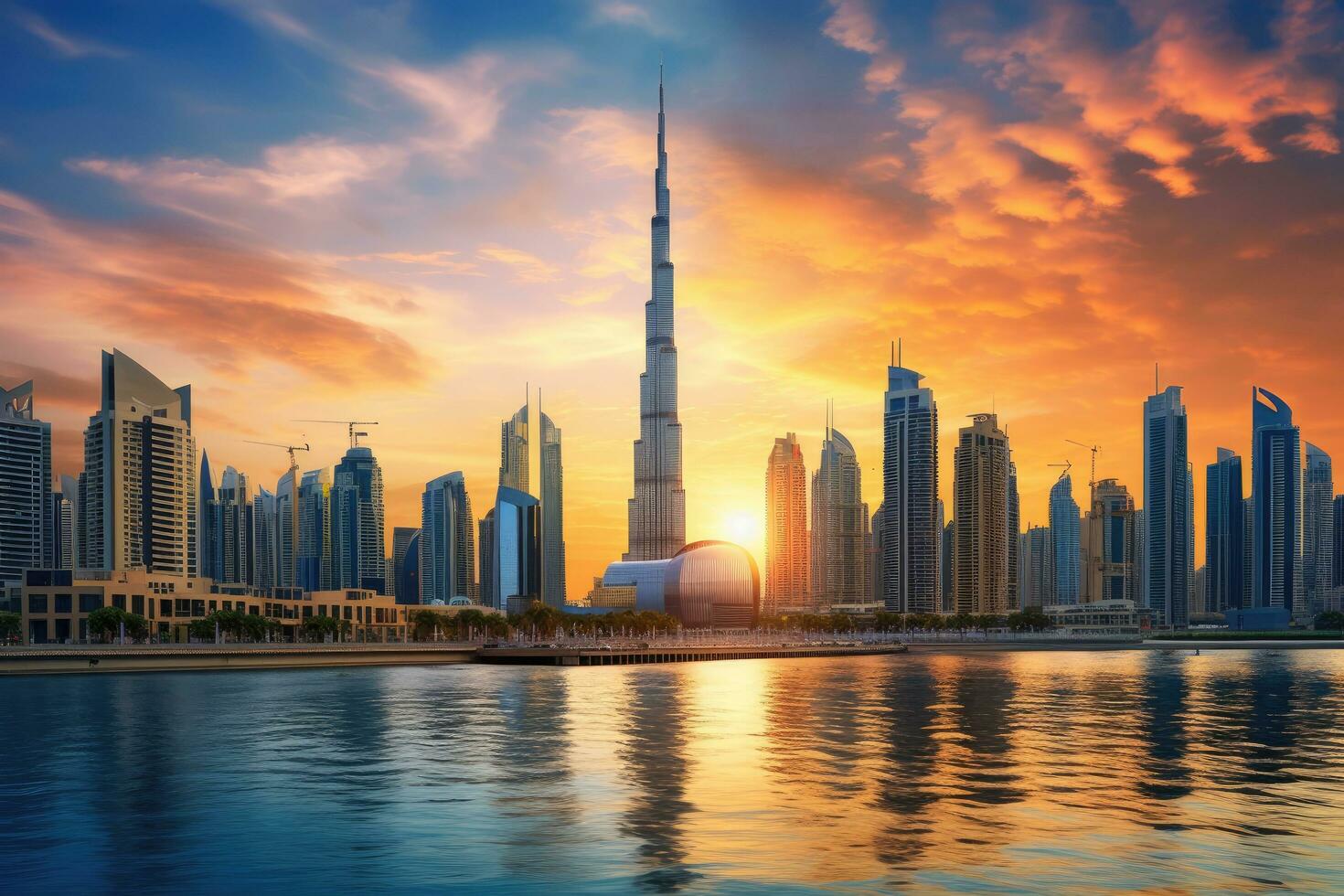
Dubai’s real estate market continues to shine as a global investment hub, offering a unique combination of luxury, economic stability, and investor-friendly policies.
In 2024, the market is influenced by key factors such as mortgage interest rates, regional stability, and emerging investment zones. These dynamics create diverse opportunities for investors, whether seeking long-term capital growth or immediate rental returns.
The Role of Mortgage Interest Rates
Mortgage interest rates are a critical factor in Dubai’s real estate market. While higher rates may slow buyer activity due to increased financing costs, lower rates create more affordability and encourage investment. In Dubai, non-resident investors can finance up to 60% of a property’s value through local banks, making it easier for international buyers to enter the market.
Dubai’s affordability compared to global cities like New York and London ensures it remains a top choice, even as interest rates fluctuate. For savvy investors, timing market movements around rate adjustments can lead to significant financial advantages.
Dubai: A Thriving Global Hub
Dubai’s strategic location, world-class infrastructure, and tax-free benefits make it an unparalleled destination for property investment. Government initiatives such as long-term visas for property investors, including recent updates allowing property evaluations for Golden Visa applications, have made the market even more appealing.
Emerging areas like Dubai Creek Harbour and Dubai Land are hotspots for new developments, offering high growth potential and modern, lifestyle-focused communities. Meanwhile, the growing demand for townhouses and villas in suburban areas such as Arabian Ranches and Dubai Hills Estate reflects the city’s evolving preferences for family-friendly housing.
Regional Stability and Its Impact
Dubai’s position as a neutral and secure hub in a geopolitically volatile region bolsters its reputation as a safe haven for global investors. Historically, regional unrest has driven an influx of foreign capital into Dubai, particularly in luxury segments like Palm Jumeirah, Downtown Dubai, and Dubai Marina.
In 2024, Dubai’s stability continues to attract high-net-worth individuals and expatriates seeking security and value. This demand contributes to price growth and reinforces the city’s position as a resilient market amid global uncertainties.
Off-Plan vs. Secondary Market Investments
Investors in Dubai face a choice between off-plan developments and secondary market properties, each offering distinct benefits:
- Off-Plan Properties: These under-construction projects are attractive for their lower entry prices, flexible payment plans, and potential for high capital appreciation. Areas like Mohammed Bin Rashid City and Dubai Creek Harbour are emerging as key hubs for off-plan opportunities. However, off-plan investments carry risks such as construction delays and market fluctuations.
- Secondary Market Properties: Ready-to-move-in homes provide immediate rental income and stability, making them ideal for investors seeking predictable returns. Popular areas include The Springs, Dubai Hills Estate, and Jumeirah Village Circle, where established communities offer strong demand and consistent yields.
Dubai’s real estate market in 2024 offers a wealth of opportunities for both local and international investors. With its resilience, affordability, and strategic location, the city remains a top destination for property investment.
Whether choosing off-plan properties for long-term growth or secondary market homes for immediate returns, investors can benefit from Dubai’s dynamic and evolving landscape. As global interest in the market grows, Dubai continues to solidify its reputation as a beacon of stability, luxury, and opportunity in the real estate world.
Ready to capitalize on Dubai's thriving real estate market? fäm Properties offers expert guidance and exclusive listings. Contact us today to explore your investment opportunities and achieve your real estate goals.